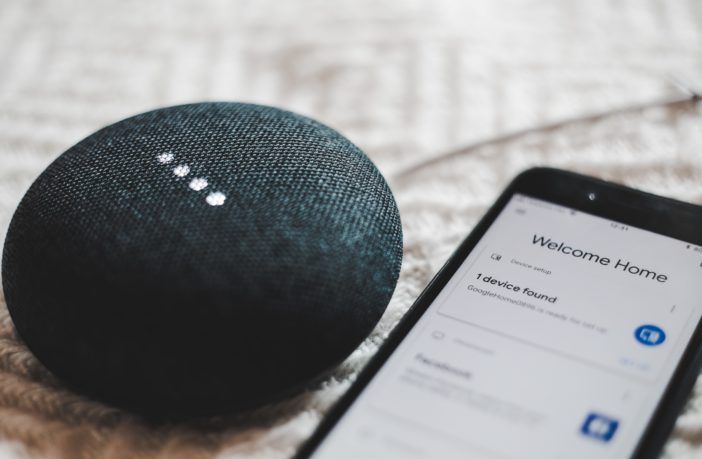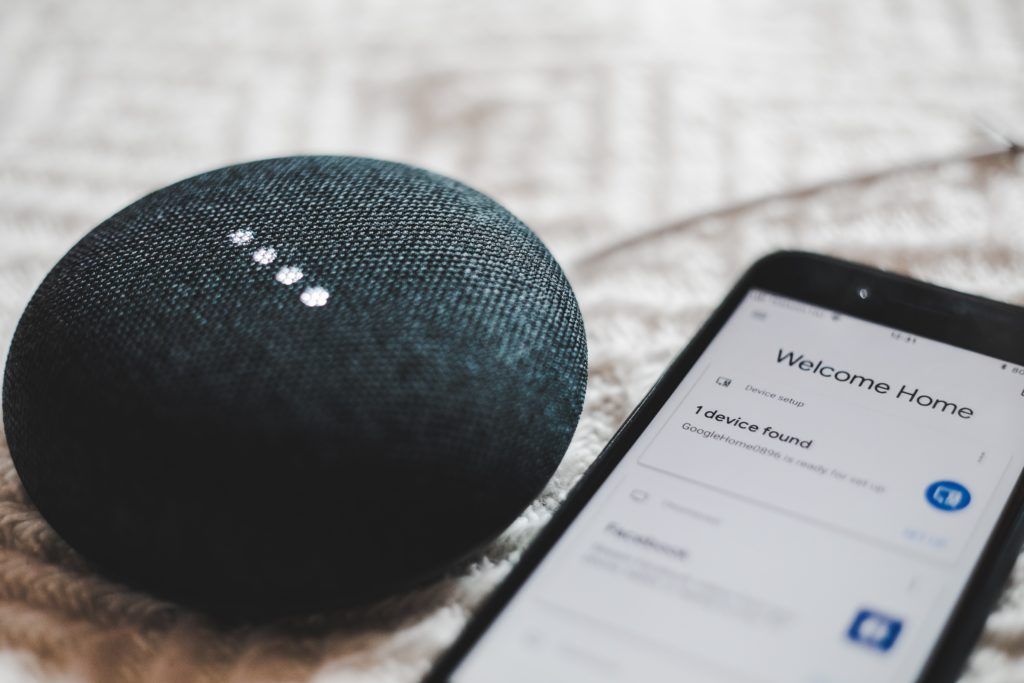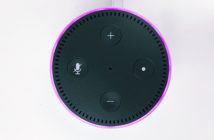Alexa, Siri, and Google Assistant are all household names now — and for good reason. Each of these virtual assistants makes life easier for you and your family.
As a plus, their regular updates constantly improve their AI systems, so there’s little danger of your current model becoming outdated in the near future.
If you’re looking to add one to your home, which one do you need? Is one better than the others?
Let’s take a look at each of these smart home voice assistants. By evaluating the pros and cons, we can see which brand is right for your home.
Contents
What Is Alexa?
Amazon has been one of the forerunners in this smart home virtual assistant race ever since 2014, when the company introduced its first Echo speaker.
Now the company has seven different smart speakers and smart displays, all of which are assisted by Amazon’s AI system, Alexa.
Simply say “Alexa” to wake up your smart speaker. Then, ask it questions or tell it what to do. Alexa can help you figure out directions, order food, and even control the other smart devices in your home.
Pros
One of the best things about Alexa? You don’t need to use your hands to activate it.
Even if your hands are full with other tasks, you can simply ask Alexa to look up information or execute a command.
For example, you can ask Alexa to turn on the lights in another room before you enter it, so you don’t have to manually. Likewise, she can change the music on your speakers while you’re busy cleaning dishes.
You can even make video calls to family and friends who also have Echo-supported devices. This is possible through an Amazon Echo Show, which is essentially an Echo with a screen display.
On an Echo Show, you can watch videos (including content from Amazon Video), see music lyrics, view security camera footage outside your home, look at photos, weather forecasts, to do or shopping lists, browse online, listen to Audible audiobooks, and more!
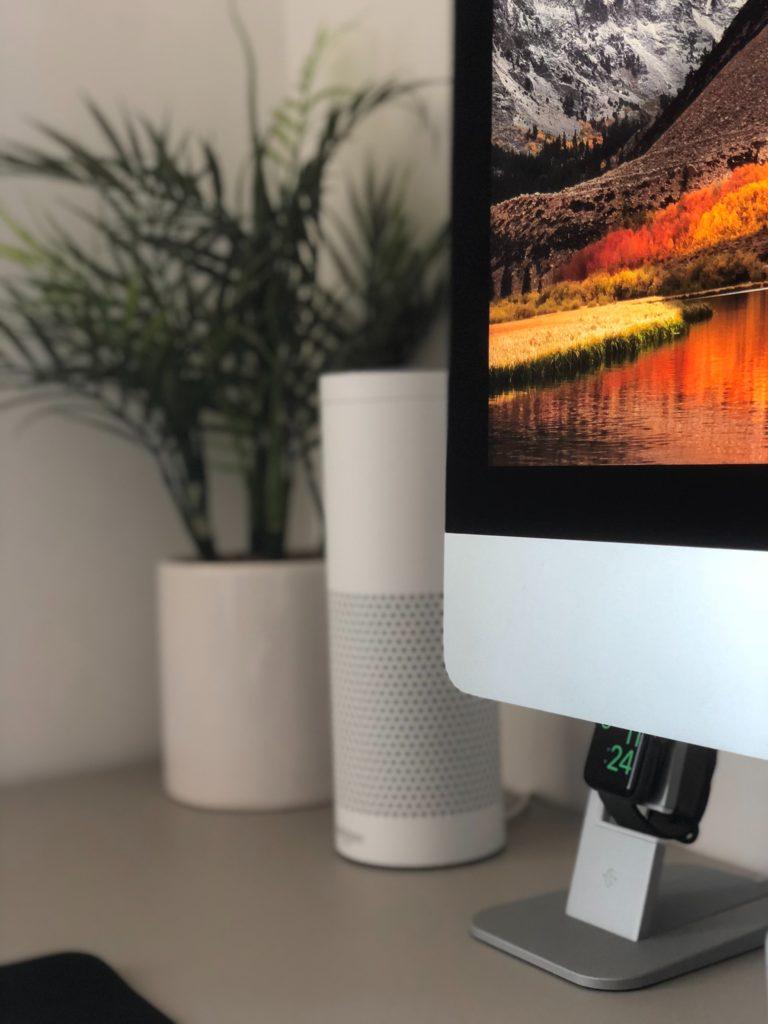
Cons
Alexa’s biggest cons are due to the system’s issues with privacy.
People outside of your family have access to your private Echo conversations, which is understandably concerning. Amazon also keeps digital recordings of what their users say to their Echo after they use the “wake-up word” Alexa.
While a less heinous offense, local businesses can also use your location information to target you with ads for their services.
Amazon’s devices are also cloud-based, so if you have trouble connecting to the Internet, you won’t have access to certain programs or software updates. Even with a strong connection, updates can take several days to complete.
The device is essentially confined to one part of your house, since it must be plugged in to use. It’s also very dependent on its wake word to even begin a new conversation, which can become inconvenient.
Luckily, Amazon is developing a new feature later in 2019 for all their devices. This allows Alexa to handle more than one request at a time without you repeating “Alexa” for every command.
What Is Siri?
Siri is the voice-operated virtual assistant for Apple users that can help you accomplish tasks faster. You can ask Siri to complete simple actions or ask it questions – just like Amazon’s Alexa.
Through your simple voice commands and the Home app in iOS, you can control all your smart home devices, so long as they’re compatible with Apple’s HomeKit software.
So how does Siri work? To activate it, simply say “Hey Siri” to your iPhone, AirPods, connected Bluetooth headsets, Apple Watch, or HomePod (which is basically Apple’s version of Amazon’s Echo).
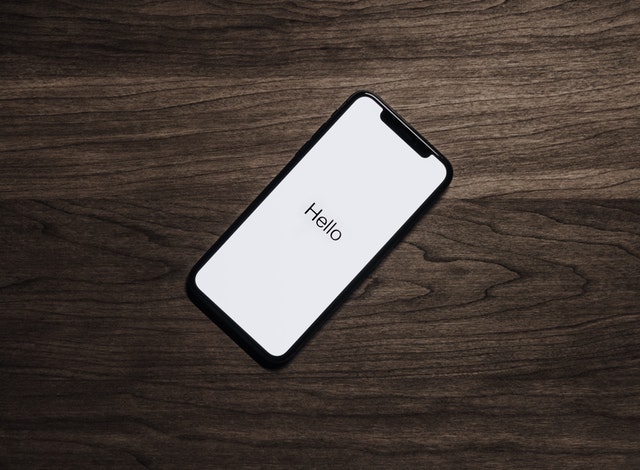
Unlike Alexa, however, you can also control Siri using buttons. For example, if you have an iPhone 6S or most other models, simply hold down the Home button to summon Siri and ask away.
If you have an iPhone X, iPhone XR, iPhone XS or iPhone XS Max, on the other hand, you will need to hold the Side button to activate Siri instead.
The HomePod has a Home button right on top of the device. To activate it on your Apple Watch, hold down the Digital Crown or say “Hey Siri” as you raise your wrist within its hearing range. Just keep in mind, however, that on certain products, you may need to wait for Siri to appear first before asking questions.
Pros
Other than the seamless integration Siri has with your iPhone, iPad, iPod Touch, Apple Watch, Siri has access to every other built-in application on your Apple device.
This means that you can ask Siri to pull up apps like Mail, Contacts, Messages, Maps, Safari and so on to relay your messages to you, present data you need or search through those apps’ databases whenever you want – all from your voice alone.
Siri uses predictive text to guess what you’re going to type, based on keywords that you frequently use, as well as your general typing habits and language choice. Basically, the system is designed to adapt to your preferences and give you quick, personalized results.
Siri also has an amazing capacity for recognizing a number of different languages. It can speak and recognize different dialects of English (such as those from Australia, Canada, India, New Zealand, Singapore, the United Kingdom, and the U.S.).
It can also recognize Spanish, French, German, Italian, Japanese, Korean, Mandarin, Norwegian, Cantonese, Swedish, Danish, Dutch, Russian, Turkish, Thai and Portuguese.
Cons
Loup Ventures’ Gene Munster and Will Thompson tested Siri, Alexa, Google Assistant, and Microsoft’s Cortana against each other.
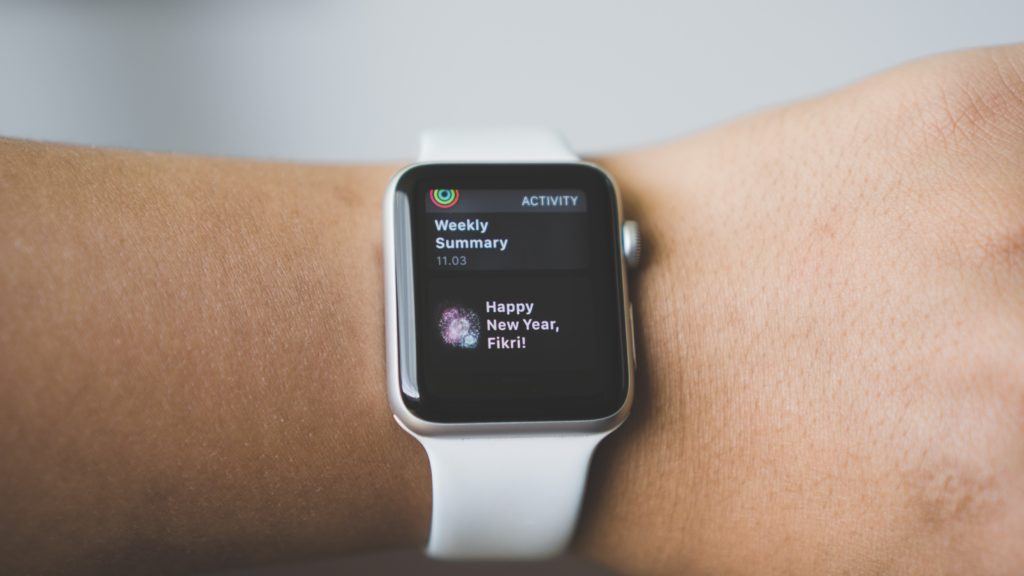
They found that, when asked questions across four different categories (local information, commerce, navigation, and general information, respectively), Siri scored the lowest in the general information category.
Basically, this means that Siri, as of now, is unable to answer too many general knowledge questions correctly. This may turn off people who want a device that can answer their random queries at any time.
However, Siri did still answer 74.6 percent of the 800 questions it was asked correctly during their tests. This was better than Amazon’s Alexa (72.5 percent) and Microsoft’s Cortana (63.4 percent), but still behind Google Assistant’s 87.9 percent.
This video shows more information on Siri vs Alexa.
What Is Google Assistant?
Just as Amazon has Alexa and Apple has Siri, Google has also developed its own virtual assistant: the Google Assistant. Google Assistant devices respond to two different phrases: “OK, Google” and “Hey, Google.”
Similar to both Alexa and Siri, Google Assistant can answer your questions, help you activate other smart devices connected to its system, and much more.
Google has also recently introduced “Duplex on the Web”, which is software that uses a more human-sounding voice AI that can assist you with booking appointments, reservations, and other tasks.
Pros
Google Assistant is a fairly strong conversationalist and surprisingly patient, too. For example, instead of listing off a whole recipe all at once and leaving you scrambling to keep up, you can ask it to go back to a previous step.
You can also ask it to repeat instructions for the current step, ask for the next ingredient, how much you will need, and about any measurement conversions you should make.
At I/O 2019, Google’s annual developer conference, they also introduced a feature where you can just say the word “stop” to turn off an alarm without having to use its entire wake phrase (like “Hey, Google, stop”). This feature may be applied to other commands as well.
Google Home, Google Assistant’s AI software, is also quite effortless to set up. It pairs easily with the other smart home devices you might have, including Nest and Phillips Hue products.
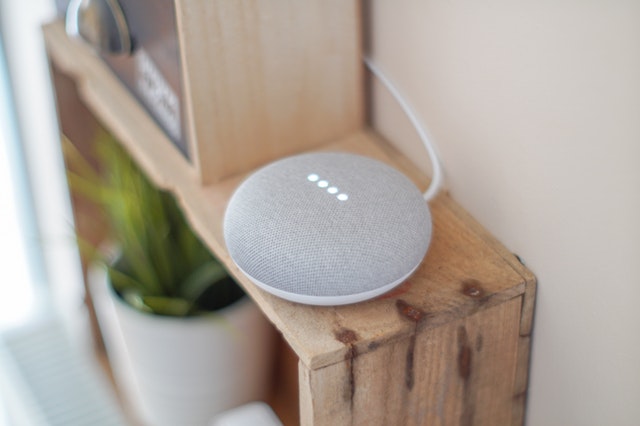
Cons
Unfortunately, some of Google Home’s features and software updates are not available in all regions. This is one of the biggest complaints Google Home users from other countries have with this product.
It also doesn’t have as many skills as the Amazon Echo, meaning that you’ll be limited in requesting tasks or information from this virtual assistant.
For instance, a Google Assistant can’t read or send emails and messages for you. You still need a phone or computer for that.
A Google Assistant can only tell you events that are posted on your main calendar. Google Home doesn’t support shared or secondary calendars, even if you took the time to create them yourself.
Though your Google Assistant is compatible with some smart home devices, the Amazon Echo can connect to an even wider variety of smart home products and accessories.
Its lack of an intercom feature, which is basically a system where other virtual assistants in your house can “communicate” with one another, is also a huge drawback for some people.
The Google Assistant’s range of hearing commands may also vary, and most people find that it isn’t as wide a range as an Amazon Echo’s. You will also need to purchase an additional $35 Chromecast Audio out port to stream music from its speakers. Some people dislike this need for additional investments.
The Google Assistant does not have any clearly marked buttons on top of the device, which may confuse some people who want to turn down its volume or activate it manually.
Because it is a voice-activated device, several Google Home devices may respond to a single wake phrase instead of the exact one you want. They are also unable to discern between different human voices, so they may also be activated by Google TV commercials by accident.
Google Assistants also cost more than your average Amazon Echo. As such, if your main concern is price, maybe steer clear of this virtual assistant.

Which Virtual Assistant Is Best?
Siri vs. Alexa
Though Siri managed to beat out Alexa on a thorough test of how many questions the devices could answer, unfortunately, Siri’s lack of general knowledge puts it at the disadvantage.
Apple employees have stated that Siri was not designed to answer random trivia questions, but most people shopping for a virtual assistant nowadays may consider that a huge flaw.
If Siri cannot answer a question, it will apologize and admit that it could not answer it. Siri may also provide incorrect information or respond with completely useless information that doesn’t answer your questions at all.
Siri vs. Google Assistant
Siri fared worse against the Google Assistant, whose correct answer ratio was far higher than any other virtual assistant’s.
Alexa vs. Google Assistant
A 2018 study found that, though more Echoes were sold this year, Google Assistant was the smartest voice assistant by a very narrow margin.
Though Alexa does provide you with additional context to the questions you ask, Google Assistant managed to answer more questions correctly, whereas Alexa failed on a couple of questions.
However, the answers both Alexa and Google Assistant gave and both systems’ levels of comprehension were generally quite good and required very little rephrasing.
In fact, each virtual assistant brand is constantly looking for better ways to streamline their conversations with you and make their voices sound more natural.
As stated before, Amazon is working on a way for you to ask your Echo multiple things at once, while Google’s single word “stop” feature is trying to reduce their tech’s reliance on wake words or phrases. Apple is also looking at ways to allow Siri to hold more natural-sounding conversations with you.
Overall, these gradual changes will ultimately help each of these brands continue to innovate and create smart home products that will be even more useful for you and your family in the future.
This video goes into a more detailed comparison of Alexa vs Google Assistant.
Who Wins Out?
Smart home voice assistants are extremely useful tools to have around the house nowadays. You can control pretty much any smart device in your home or plan your day, using only your voice or the push of a button.
The best virtual assistant on the market so far seems to be the Google Assistant. However, with all these big tech companies constantly improving their own AI systems, this might change in the near future.
Overall, depending on your budget and personal preference, the brand of virtual assistant you choose could be any of these three.
Which do you prefer when it comes to Alexa vs Google Assistant?

